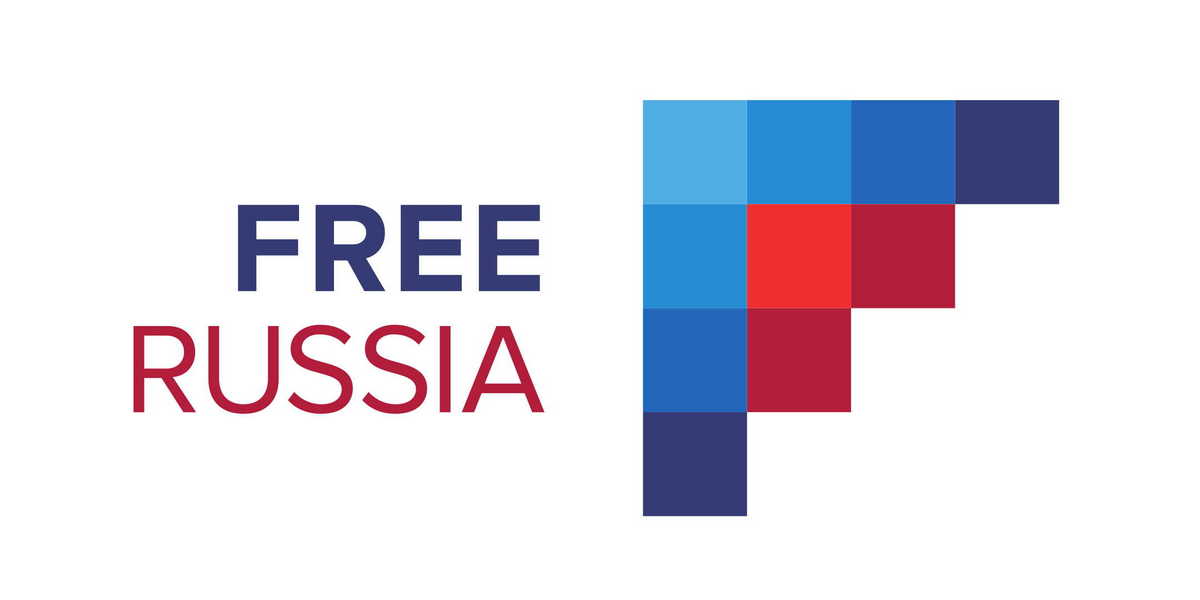On 21 September 2020, the Free Russia Foundation submitted a Communication to the International Criminal Court Prosecutor’s Office (in The Hague, Netherlands) seeking accountability for Crimean and Russian authorities concerning international crimes perpetrated during Russia’s illegal occupation of Crimea. The Communication was prepared in cooperation with Global Rights Compliance and Center for Civil Liberties and is based on a focused inquiry conducted over the past year. In our inquiry, we documented crimes as part of a systematic, planned attack by the Russian state against civilians and groups in Crimea in order to discourage them from opposing the illegal occupation of Crimea and to force their departure from the peninsula. Crimes against civilians included unlawful arrests, beatings, torture, enforced disappearances, and other inhumane acts causing severe mental and/or physical pain. In particular, the crimes targeted the Crimean Tatars, a native ethnic group who had only recently returned to their homeland, having previously been forcefully and brutally displaced by the Soviet Union in 1944.
One of the principal coercive acts was the illegal detention and concomitant violence before, during, and after the imprisonment of political prisoners. Most of those detained were arrested by Russian and Crimean authorities on terrorism charges, but it was their legal, pro-Ukrainian advocacy that led to their imprisonment. In addition, trials of those arbitrarily detained were conducted in wholesale disregard of their fair trial rights. For example, some of those illegally imprisoned were denied a speedy trial, access to independent lawyers, and the opportunity to defend themselves against their arrest in a courtroom.
In order to force those illegally detained to confess to crimes they did not commit, Russian and Crimean authorities also perpetrated acts of torture and cruel or degrading treatment, the levying of additional charges against them, even more inhumane prison conditions, denial of communications with their families and threats made against them, enforced disappearances, and even, in at least one case, a mock execution.
Other inhumane acts include “punitive psychiatry” and the denial of adequate prison conditions, including the following: (i) feeding people inedible food or, at times, no food at all; (ii) facing severe overcrowding in prisons; (iii) denial of regular water supply; (iv) threats of assault against them by prison cellmates; and (v) adding pork to food — prohibited for observant Muslims. Further, medical attention was systematically inadequate or denied for many individuals.
Concerning acts of torture, it was perpetrated by different Russian authorities, including the FSB. Allegations include the use of electric shocks in an effort to get an accused to confess. One was beaten in the head, kidneys, arms and legs with an iron pipe. With another, fingers were broken. Still another endured spinal bruises and having a plastic bag placed over his head to the point of unconsciousness. Further, threats of sexual violence against a detained man were made. Murder as well. Hands were broken, teeth were knocked out in still another.
Trials were largely held behind closed doors for illegitimate reasons, and many of the witnesses were secret not only to the public but also to the Accused. Further, credible allegations exist that, at times, there were FSB or other agents in the room, silently instructing witnesses what to say and how the judges should rule. This adds credence to words, according to the Kyiv Post, heard by Arsen Dzhepparov from a senior FSB lieutenant who stated “I will prove by all possible – and impossible – means that [an Accused is] guilty – even if he isn’t guilty”.
Concerning the crime of persecution, nearly all of these deprivations of fundamental rights were carried out with discriminatory intent. Specifically, these groups were targeted due to their political view – namely, by peacefully opposing the illegal occupation of their country. Some were targeted on ethnic grounds or religious grounds on the basis of their Crimean Tatar background.
War crimes, another group of crimes punished at the ICC, were also perpetrated in addition to or in the alternative to the crimes against humanity. This includes the crime of torture, outrages against personal dignity, unlawful confinement, wilfully depriving protected persons of the rights of a fair and regular trial, and the transfer of the occupying power of parts of its population into the territory it occupies or the deportation of all or parts of the population of the occupied territory within or outside this territory.
All these crimes had the ultimate objective of the criminal enterprise – the removal of pro-Ukrainian elements out of Crimea and the annexation of Crimea into the Russian Federation without opposition, including the installation of pro-Russian elements, which include the emigration of more than 70,000 Russians, the illegal imposition of Russian law in the occupied territory, forcing Russian nationality on many Crimeans, and the appropriation of public property.
Ultimately, we hope that all the information gathered by the ICC in the context of its preliminary investigation will lead the ICC to investigate mid- to high-level Russian and Crimean officials on this basis. The international community expects responsible global leadership that follows the rule of law and expects it — no matter the situation — to be respected, especially from a state that is a permanent member of the UN Security Council. When this fails to happen, the international community must demand accountability. We hope that an investigation can be opened and responsible officials of the Russian Federation will be investigated. After an investigation that conforms to international best practices, responsible persons should be charged with the systematic perpetration of international crimes.


